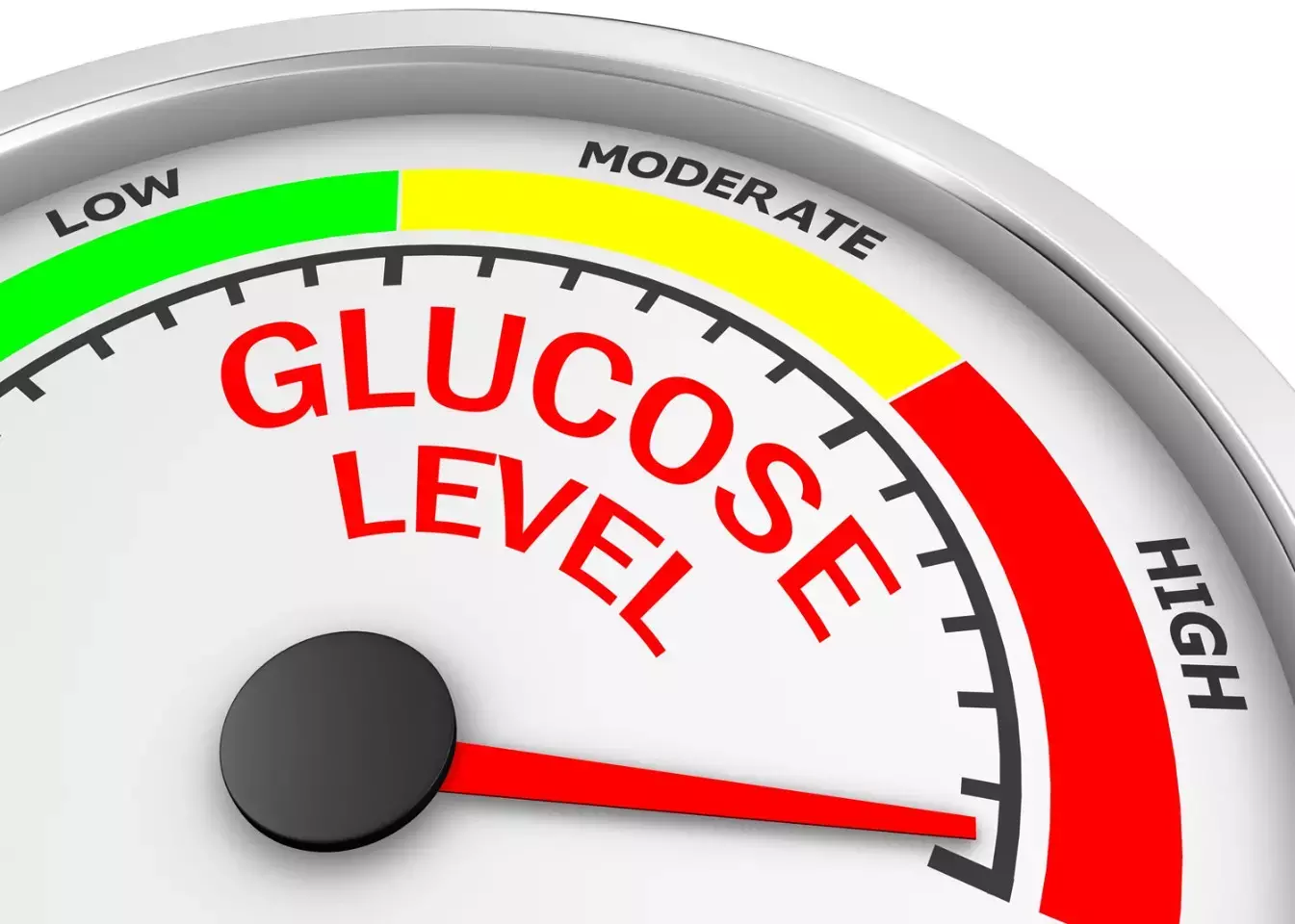- Home
- Medical news & Guidelines
- Anesthesiology
- Cardiology and CTVS
- Critical Care
- Dentistry
- Dermatology
- Diabetes and Endocrinology
- ENT
- Gastroenterology
- Medicine
- Nephrology
- Neurology
- Obstretics-Gynaecology
- Oncology
- Ophthalmology
- Orthopaedics
- Pediatrics-Neonatology
- Psychiatry
- Pulmonology
- Radiology
- Surgery
- Urology
- Laboratory Medicine
- Diet
- Nursing
- Paramedical
- Physiotherapy
- Health news
- Fact Check
- Bone Health Fact Check
- Brain Health Fact Check
- Cancer Related Fact Check
- Child Care Fact Check
- Dental and oral health fact check
- Diabetes and metabolic health fact check
- Diet and Nutrition Fact Check
- Eye and ENT Care Fact Check
- Fitness fact check
- Gut health fact check
- Heart health fact check
- Kidney health fact check
- Medical education fact check
- Men's health fact check
- Respiratory fact check
- Skin and hair care fact check
- Vaccine and Immunization fact check
- Women's health fact check
- AYUSH
- State News
- Andaman and Nicobar Islands
- Andhra Pradesh
- Arunachal Pradesh
- Assam
- Bihar
- Chandigarh
- Chattisgarh
- Dadra and Nagar Haveli
- Daman and Diu
- Delhi
- Goa
- Gujarat
- Haryana
- Himachal Pradesh
- Jammu & Kashmir
- Jharkhand
- Karnataka
- Kerala
- Ladakh
- Lakshadweep
- Madhya Pradesh
- Maharashtra
- Manipur
- Meghalaya
- Mizoram
- Nagaland
- Odisha
- Puducherry
- Punjab
- Rajasthan
- Sikkim
- Tamil Nadu
- Telangana
- Tripura
- Uttar Pradesh
- Uttrakhand
- West Bengal
- Medical Education
- Industry
Double dose of Semaglutide more effective in reducing blood sugar: Lancet

Doubling the dose of Semaglutide (2.0 mg) more superior than the single dose of 1.0 mg in controlling HbA1c levels, suggests a study published in The Lancet: Diabetes and Endocrinology journal.
Semaglutide is similar to a natural hormone incretin that works works by causing insulin release in response to high blood sugarand decreasing the amount of sugar produced liver.
It is useful for controlling blood sugar with a proper diet and exercise program to in people with type 2 diabetes. Controlling high blood sugar helps prevent kidney damage, blindness, nerve problems, loss of limbs, and sexual function problems. Proper control of diabetes may also lessen your risk of a heart attack or stroke.
Semaglutide is beneficial for treating type 2 diabetes. However, 20–30% of patients receiving semaglutide 1·0 mg are unable to reach the glycaemic treatment goals.
A study was conducted by Frías J et. al to examine the effectiveness and safety of semaglutide 2·0 mg versus 1·0 mg once-weekly in adults with uncontrolled type 2 diabetes on a stable dose of metformin with or without a sulfonylurea.
The researchers conducted a 40-week, randomized, active-controlled, parallel-group, double-blind, phase 3B trial (SUSTAIN FORTE). They included a total of 125 outpatient clinics in ten countries. All the participants were 18 years and above with poorly controlled type 2 diabetes (HbA1c 8·0–10·0%) with metformin and with or without sulfonylurea.
In total 1515 adults were assessed for eligibility, out of which 961 participants with a mean age of 58 years were included, between June 19, 2019, to November 28, 2019. Participants were randomly assigned to once-weekly semaglutide 2·0 mg group (n=462) (96%) and 471 (98%) in the semaglutide 1·0 mg group completed the trial.
The primary outcome was a change from baseline at week 40 in HbA1c and secondary outcome was bodyweight, evaluated through trial product estimand and treatment policy estimand strategies.
The results of the study are as follows:
· Mean baseline HbA1c was 8·9% and BMI was 34·6 kg/m.
· Mean change in HbA1c from baseline at week 40 was −2·2 percentage points with semaglutide 2·0 mg and −1·9 percentage points with semaglutide 1·0 mg and −2·1 percentage points with semaglutide 2·0 mg and −1·9 percentage points with semaglutide 1·0 mg.
· Mean change in body weight from baseline at week 40 was −6·9 kg with semaglutide 2·0 mg and −6·0 kg with semaglutide 1·0 mg and −6·4 kg with semaglutide 2·0 mg and −5·6 kg with semaglutide 1·0 mg. Gastrointestinal disorders were the most commonly reported adverse events; which were marginally more in the 2·0 mg group (163) than in the 1·0 mg group (148).
· Serious adverse events were similar between both the treatment groups. Three deaths were reported during the trial (one in the semaglutide 1·0 mg group and two in the semaglutide 2·0 mg group).
The researchers concluded that Semaglutide 2·0 mg was superior to 1·0 mg in reducing HbA1c, with additional bodyweight loss and a similar safety profile. This higher dose provides a treatment intensification option for patients with type 2 diabetes treated with semaglutide in need of additional glycaemic control.
Reference:
Efficacy and safety of once-weekly semaglutide 2·0 mg versus 1·0 mg in patients with type 2 diabetes (SUSTAIN FORTE): a double-blind, randomized, phase 3B trial by Frías J et. al published in the Lancet: Diabetes and Endocrinology journal.
Dr. Shravani Dali has completed her BDS from Pravara institute of medical sciences, loni. Following which she extensively worked in the healthcare sector for 2+ years. She has been actively involved in writing blogs in field of health and wellness. Currently she is pursuing her Masters of public health-health administration from Tata institute of social sciences. She can be contacted at editorial@medicaldialogues.in.
Dr Kamal Kant Kohli-MBBS, DTCD- a chest specialist with more than 30 years of practice and a flair for writing clinical articles, Dr Kamal Kant Kohli joined Medical Dialogues as a Chief Editor of Medical News. Besides writing articles, as an editor, he proofreads and verifies all the medical content published on Medical Dialogues including those coming from journals, studies,medical conferences,guidelines etc. Email: drkohli@medicaldialogues.in. Contact no. 011-43720751


